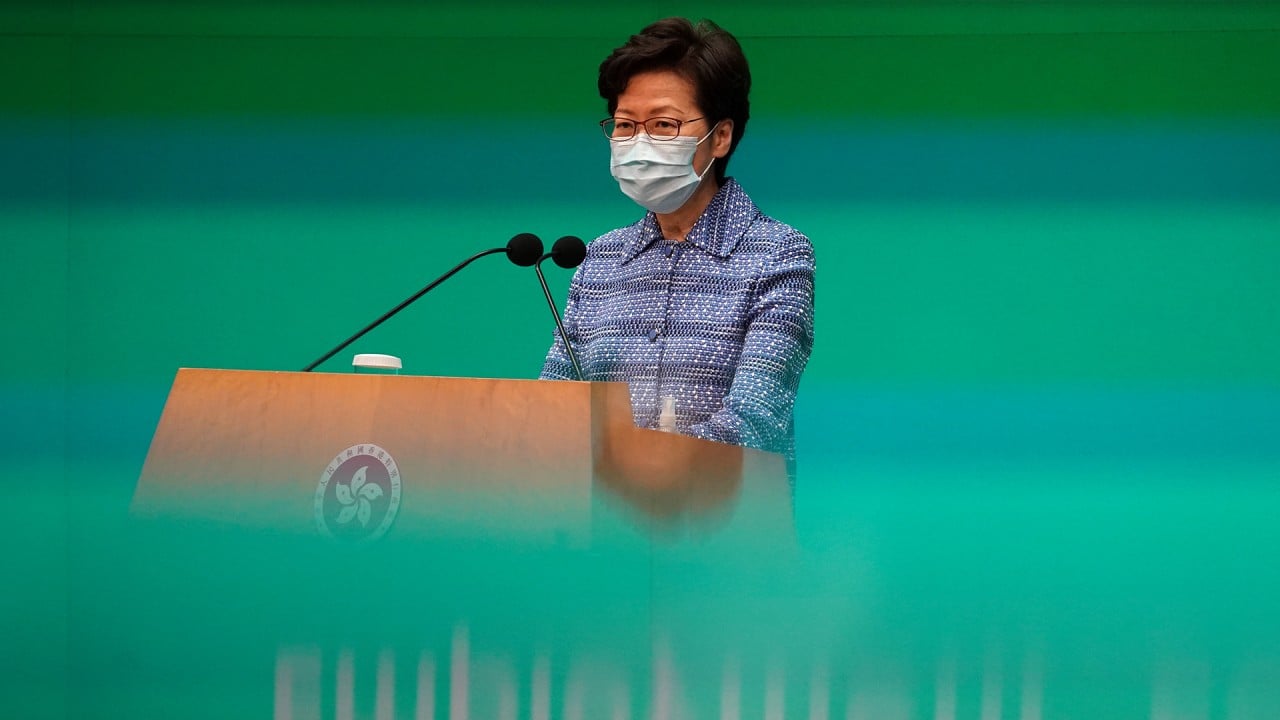
Beijing’s national security law sounds the death knell for ‘one country, two systems’ and democracy in Hong Kong
- With the enactment of a national security law for Hong Kong, most people will eventually give up struggling and accept their destiny. Only some idealistic young people will continue to fight for the impossible dream of full democracy
If the US’ top diplomat fails to certify this, Congress can revoke the special treatment. Pompeo’s report indicates Hong Kong could soon be treated the same as mainland China for trade and other purposes.

02:22
Hong Kong freedoms will not be eroded by Beijing’s national security law, Carrie Lam says
The two promises fostered a smooth handover and continued prosperity and stability in the city. Clearly, to Hong Kong people, a promise is a promise.
In his first term, then chief executive Donald Tsang Yam-kuen put forward two interim political reform proposals. However, they were voted down by Legco. Still, people believed that the central government would honour its promise of universal suffrage, as stated in the Basic Law.
Hong Kong has clearly lost its autonomy. Some Hongkongers have no doubt begun their migration applications – even those who hold foreign passports, while not yet packing their bags and leaving the city, are prepared for the worst.
The remaining residents will have only two choices – be an obedient citizen or join the resistance. Most people will eventually give up struggling and accept their destiny. Only some idealistic young people will continue to fight in the streets and sacrifice themselves for the unachievable dream of full democracy in Hong Kong.
Before the handover in 1997, Fortune magazine published an issue proclaiming “The Death Of Hong Kong” and foretelling how it would become just another Chinese city. Back then, people in the city believed otherwise – that the promise of one country, two systems would be kept. Unfortunately, the magazine’s prophecy seems to have come true.
Albert Cheng King-hon is a political commentator
Help us understand what you are interested in so that we can improve SCMP and provide a better experience for you. We would like to invite you to take this five-minute survey on how you engage with SCMP and the news.

